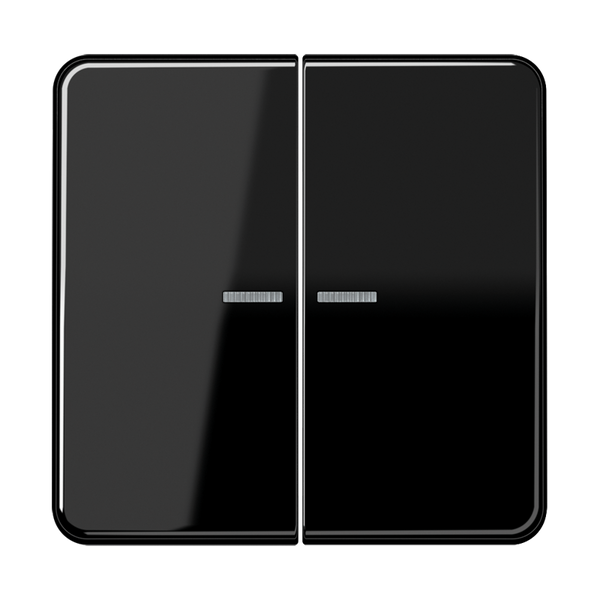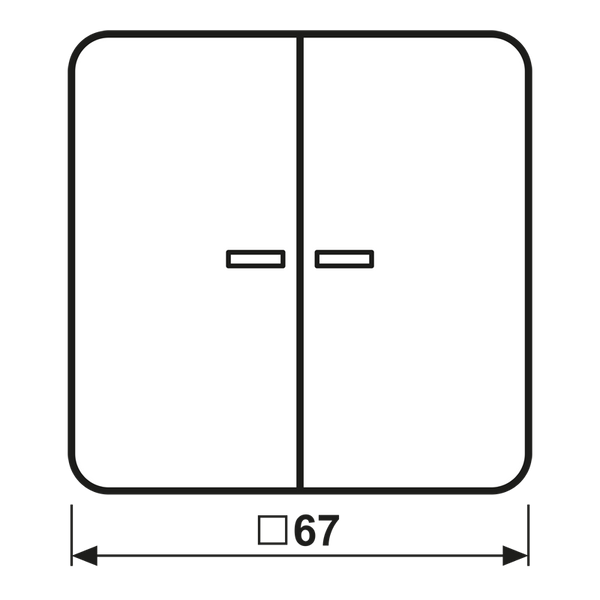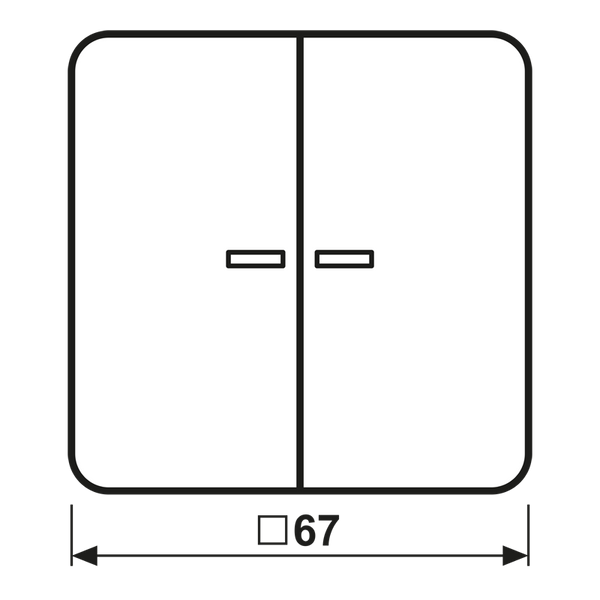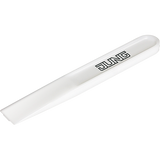Register to unlock your exclusive B2B prices and start shopping. Sign up now!
Rocker for push-button 2-gang, lens CD102KO5SW
Order only
Price (excl. VAT):
15,94 €
EAN: 4011377180628
MPN: CD102KO5SW
Box: 1
Estimate delivery time at our warehouse (approx.):
2-4 weeks
Technical Information
| Item condition | New |
| Manufacture name | Rocker for push-button 2-gang, lens CD102KO5SW |
| Brand | Jung |
| Categories |
Switches
|
| Country of origin* | DE |
| * The actual country of origin may differ depending on the delivery batch. To confirm the specific country of origin, please contact your account manager. | |
| Harmonized System Code | 8538 9099 00 |
| Colour | Black |
| Model | Two-part rocker |
| Halogen free | Yes |
| Utilization | Switch/push button |
| Surface protection | Other |
| Material quality | Duroplast |
| Material | Plastic |
| Type of fastening | Engage (snap) |
| Monitoring window/light outlet | Yes |
| RAL-number (similar) | 9005 |
| With label area | No |
| With exchangeable lens/symbol | No |
| Surface finishing | Glossy |
| Suitable for degree of protection (IP) | IP20 |
| Suitable for touch sensor connector for bus system | Yes |
| Scannable symbol/barrier free | No |
Packing details
| Packing level 1 | 4011377180628 |
| Packing level 2 | 4011377180628 |
| Packing level 3 | 4011377180628 |
Downloads
Description
Designed for precise actuation within switch systems, enabling secure electrical contact.Functions as a rocker mechanism in two-gang push-button assemblies, compatible with touch sensor bus connectors. Halogen-free composition ensures safety standards compliance.Black plastic material with duroplast quality provides rigidity and durability under operational stress.Glossy surface finish enhances visibility and tactile response during user interaction.Snap fastening type aids in straightforward installation without supplemental tools or parts.IP20 rating makes it suitable for indoor environments with protection against solid objects ≥12mm while excluding water resistance functionality.Integrated monitoring window/light outlet supports indicator status visibility during active use, increasing operational clarity in dynamic energy setups or control boards. Two-part rocker model design emphasizes practicality for modular circuit configurations, reducing component limits between paired switches like those typical in residential automation arrays.
Accessories
Jung
Button lever W-KEIL
26,44 €
EAN: 4011377136038
MPN: W-KEIL
Box: 1







